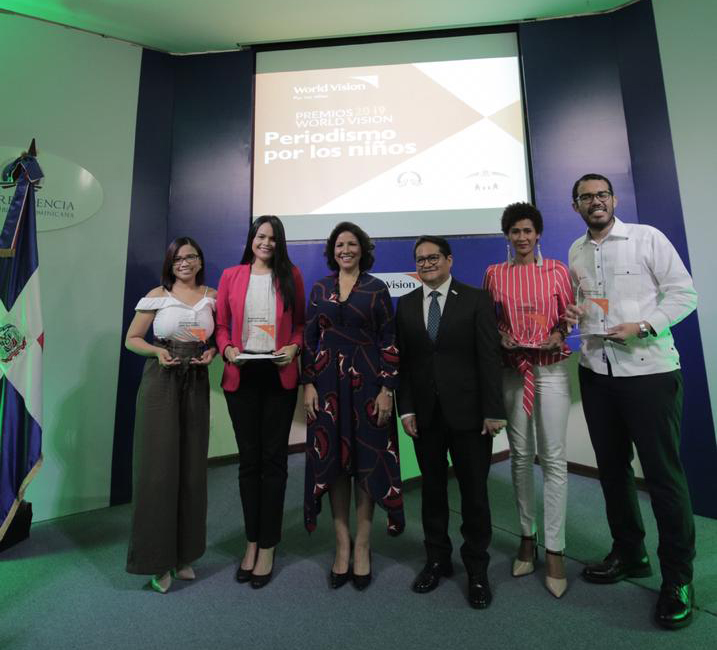In order to open a space for reflection and analysis on the different territorial planning frameworks oriented to the promotion of human development, the Spanish organization CESAL in collaboration with the Spanish Agency for Development Cooperation (AECID), held the National Meeting of Territorial Management called “The management of the territory as a promotion of human development”, at the Radisson Hotel facilities.
In the introductory words of the event, the Director of CESAL, Antonio Benete, said that this day is part of the program “Support for sustained economic growth and respect for the environment in the border areas of the Dominican Republic and Haiti”, with the which more than 800 families, upon completion, will have a real income generation alternative through the formation of different cooperatives and product associations.

Likewise, the General Coordinator of the Technical Cooperation Office of AECID, Carlos Cano Corcuera, said that the greatest institutional weaknesses are manifested in the territories furthest from the capital and from the big cities.
“Our interventions have been directed to those spaces and places with the worst rates of poverty, with little human development and with high vulnerability, and interestingly, they are territories very rich in biodiversity, natural resources and people struggling to get out of poverty and it is that is why any agenda that wants cooperation or public policy that wants to eradicate poverty should focus their efforts on the territory with and for the people who live there, ”he said.
The meeting was composed of two exhibition blocks.
In the first block there was talk about “The role of local governments as rectors of development in the territories” presenting three papers whose topics were: “Decentralization for development, a pending task”, by the Sociologist and Municipal Expert, Domingo Matías ; “The role of local governments in the promotion of territorial development”, presented by Juan Luis Pimentel, Incident Manager of the Dominican Federation of Municipalities (FEDOMU) and “The participation of citizens in the definition and formulation of public policies to local level ”, under the leadership of Gloria Amézquita, Acting Responsible for the Democracy and Citizenship Program of Oxfam.
In the second block, the topic “Innovative solutions for the promotion of territorial human development” was broken down, consisting of the presentations:
“Successful experiences of coordination for the management of the lower basin of the Ozama and Isabela rivers”, by Román Batista, Executive Director of Alternative City; “The alliances between local governments forming associations on practical bases of inclusion and participation for the development of rural territories”, presented by the Doctor of Political Science Manuel Alba and “New governance as a mechanism for promoting local economic development”, designed by the Municipal Expert of CESAL, Beatriz Fernández.
To conclude Antonio Benete stressed that decentralization in the field of development of public policies at a territorial level should be observed as the way to link the interests of organized civil society, citizens in general and the public and private sectors with the formulation of expensive policies to respond to the interests of citizens and the common good.
About CESAL:
CESAL is a Spanish non-governmental organization dedicated to development cooperation and immigration, created in 1988, and whose mission is to promote the human development of disadvantaged populations, placing the person and the community as authentic protagonists of their own processes. It operates in 17 countries in Latin America, Africa, and Eastern Europe; with projects in the area of education, health, basic habitability, emergency aid, water and sanitation, productive development, among others.
This entity carries out actions that contribute to the improvement of the living conditions of people affected by poverty in developing countries, and of immigrants in Spain. Likewise, it carries out social awareness campaigns, guiding its interventions to the strengthening of civil society.





